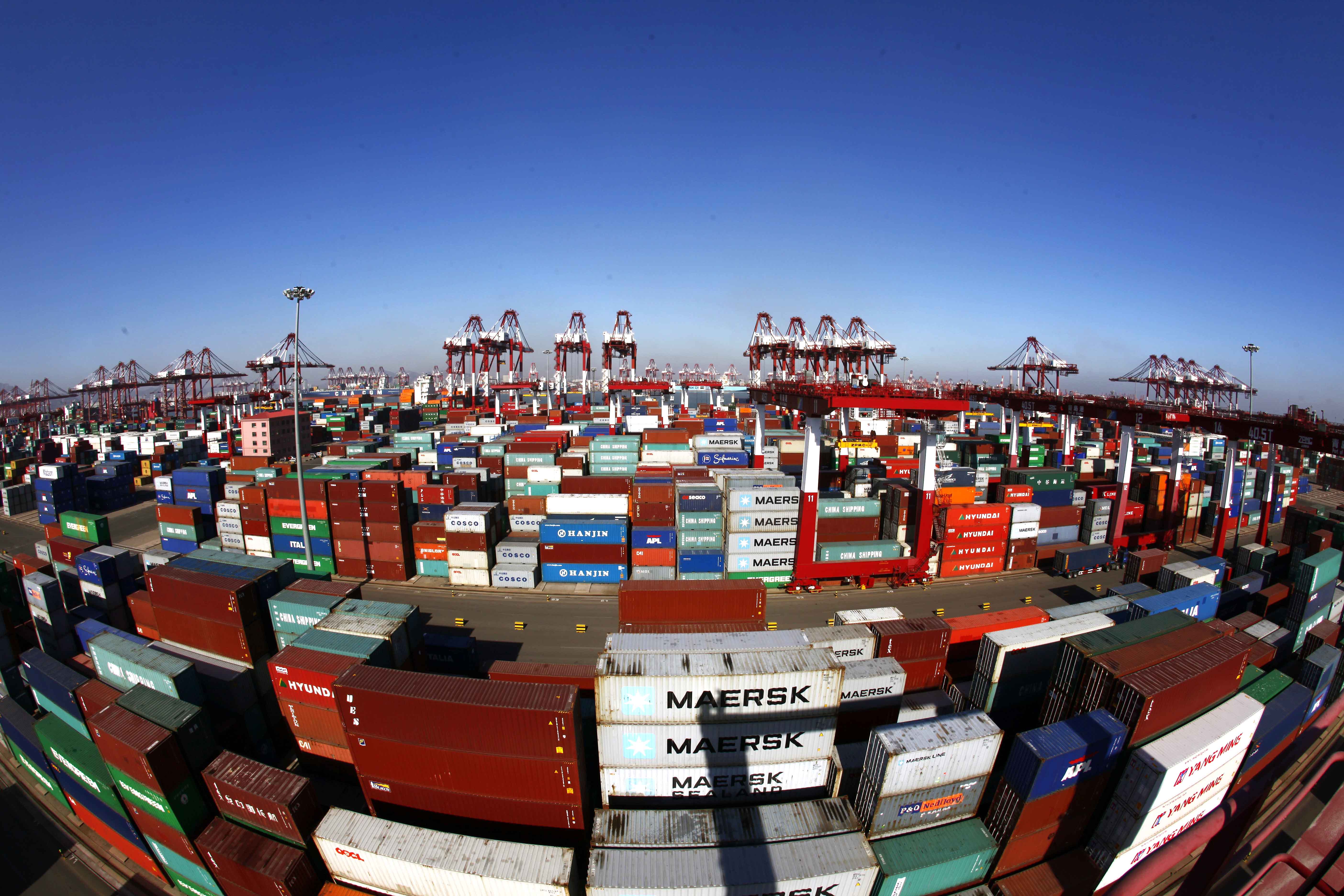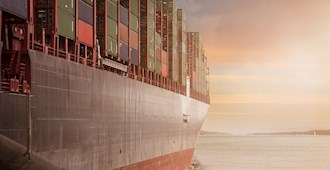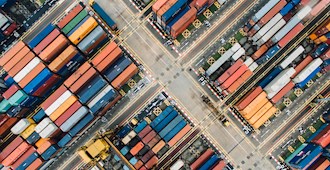How to Get the Best Freight Services: Follow the Best Tips from Experts

It’s not easy to find the right freight services as you desire to hire a company that offers custom freight solutions for your requirements. It is because everyone desires to collaborate with a company on which you can rely. Being professionals, we understand that businesses require 10,20, maybe even 100 TEU of freight yearly, often bulk at the complex processes and confusing slang in moving freight. As it would be more stressful without the help of the right digital freight forwarders. Even if you are a small business person to them, this almost limits their involvement in freight shipping.
Likewise, being a smaller shipping owner, your freight needs are probably only a small part of your organization. And this limits your time, and almost, to get too involved in logistics companies. Before we dive in, let’s take a look at what freight companies actually do and what you can expect from them.
What is Freight Shipping & Management?
Freight shipping organizations handle international logistics and freight transportation from one location to another. Whereas, some of the top companies work with leading carriers and are able to arrange competitive freight rates for customers.Other organizations offer multiple self-service tools that allow you to manage the freight shipping process online. There is a process followed to select a forwarder, less on how to get a better freight service. Instead of depending on blind faith, check out these ten tips on how to get the best freight service.
1. Provocation Surprise Freight Supertax
There are multiple fees included with importing and exporting that sometimes include fees slip-in that may not be completely important for your shipment. This even happens with big organizations.
In case you are not sure about any charges, you can always surf the internet. If you can’t find this type of freight charges, don’t be timid to question your forwarder. You may also sometimes find that few business persons waive off these charges in search of good collaborations.
2. Find Adequate Cargo Insurance
We all know Life is unpredictable which means multiple things can go wrong with freight. And, the most important part is that the forwarder and carrier liability is protected by their confidential terms and conditions. In case, something goes wrong, the blame game played will only destroy your forwarder relationship. Having said that, insurance is your responsibility and even comprehensive cargo insurance has its limits. So along with that, you can also ensure that any contract of sale is well-drafted or not.
3. Work Together For Better adherence
Working with a digital freight forwarder you should be serious with customs and advance cargo reporting requirements. Moreover, Data automation has given transformers better visibility and penalties that can be stiff, and it is generally the shipper that is responsible for your delivery.
Don’t outpost freight compliance to your forwarder as you don’t assume full responsibility. Instead, let your forwarder manage the process, along with you by supervising data accuracy. Larger forwarders are usually disinclined to email completed forms to smaller shippers before submitting them. While doing so you should make sure that you receive a copy of the submission. Receiving this will help you check for accuracy and timeliness.
4. Set Communications Expectations
Freight Forwarding isn’t always for enterprises updating their shipment, but it’s a shipper business to stay on the top of the supply chain. In fact, international trade is full of complicated processes, which seldom run featureless.
It's easy to blame i.e. we would suggest you write all your requirements and share them with your freight forwarder.
5. Share Your Business Information
Keeping your forwarder beside how your business is running, sharing this info will help them build your relationship with your freight partner. It includes short-term changes to sales projections, and product designs; these all things can impact your freight movements.
Likewise, including your forwarder in risk reduction planning, and not just for covering shipments. They are a tactical partner and should be involved in business continuity planning.
6. Check Communication And Freight Documents
The most common problem faced by the shippers is that they haven't got a copy of their shipping order. You should always prepare a communication checklist of required documents, from both you and your forwarder. Then you can go further with the prepared list of key freight documents. This should cut down the emails going back and ahead.
After this, you should check all documents once they come in and their accuracy. And for observation forms in particular, also check that they were submitted by the required date.
7. Get The Shipper’s Letter Of Instruction Right Time
Forwarders depend on data in the Shipper’s Letter of Instruction for multiple reasons. Inaccurate and incomplete information automatically results in errors further down the line. These errors will finally come back to check your forwarder and torment you.
This would assure you to complete the letter of instruction efficiently and accurately. This will help you communicate clearly with your freight forwarder.
8. Make The Final Task Work For You
With export shipments, multiple local forwarders are reserved to manage the final leg. Whereas the final cost will reflect the additional difficulty Simultaneously, for some import shipments, a local forwarder may not even be needed.
9. Pay Customs Yourself
Even if your forwarder agrees to arrange customs clearance, you should still develop your own account relationship with the respective customs authorities.
It may seem unreasonable, but having you pay directly is in both of your interests. In fact, most forwarders recommend this. The reason behind this is that there is often only a short period of time in the clearance process to conduct transactions. Paying directly with a wire transfer is the best stake for the payment to be timely and hassle-free.
10. Always Demand Better Freight Service
Are you getting good freight service? Does it seem like your freight forwarder really knows and cares about your product and shipping needs? Does he offer status updates, instantly alert you if any problem occurs, and think of a solution to resolve them? Is he good with documentation? If not, then it’s time to re-set communication assumptions.
If you wish to collaborate with a large forwarder, you can contact us. Being professionals and for a long time in this domain, we offer reasonable services and ensure you serve a much better service.
Whereas, the most common thread in the above-mentioned tips is that you will get a better freight service when each side has a greater understanding of the other’s needs and responsibilities. Then you can both play to your strengths. Your forwarder requires you to offer information in full, precisely, and promptly. You need your forwarder to be responsive and transparent.




